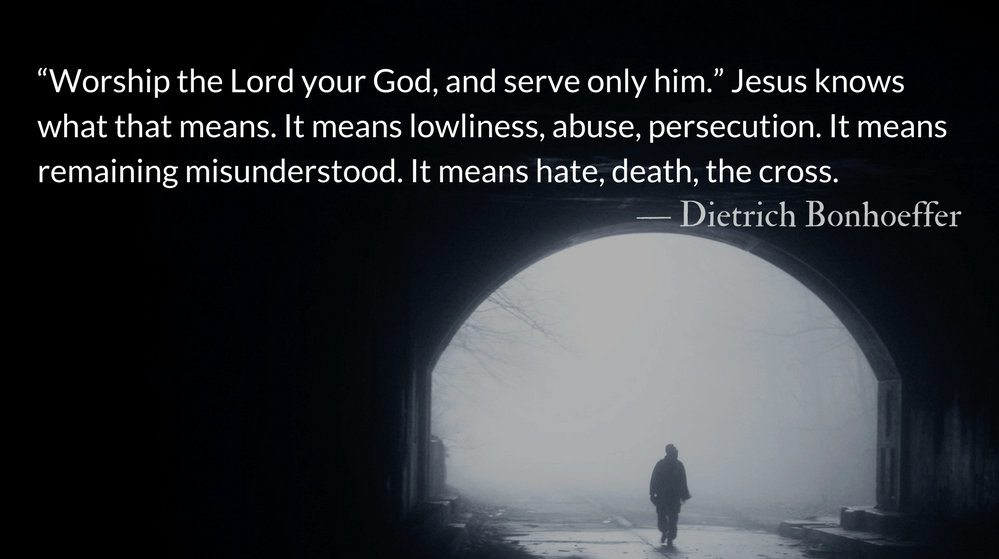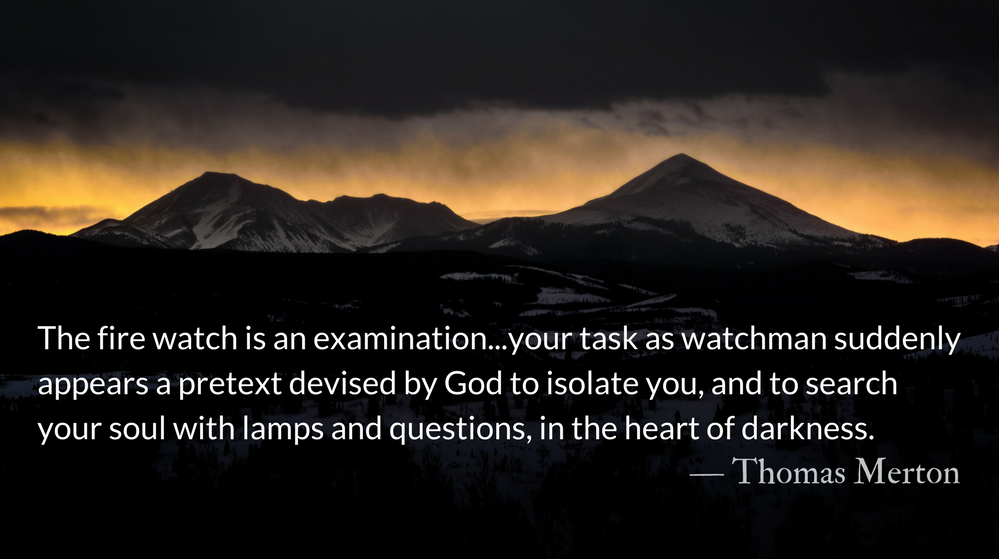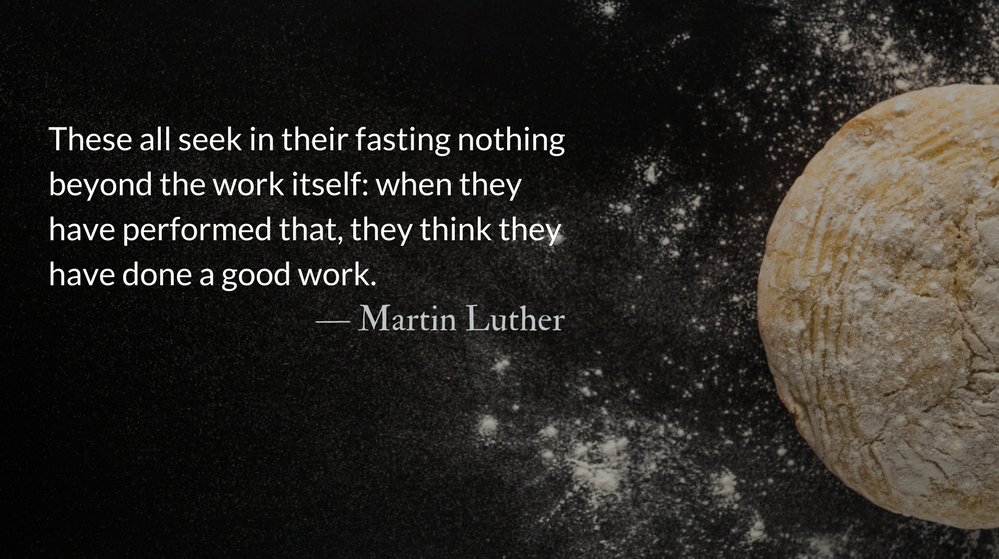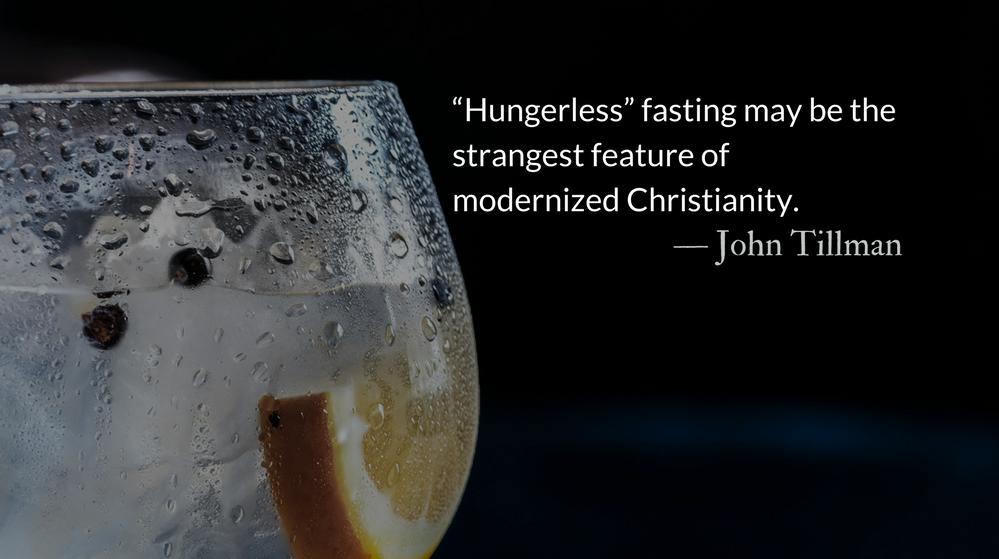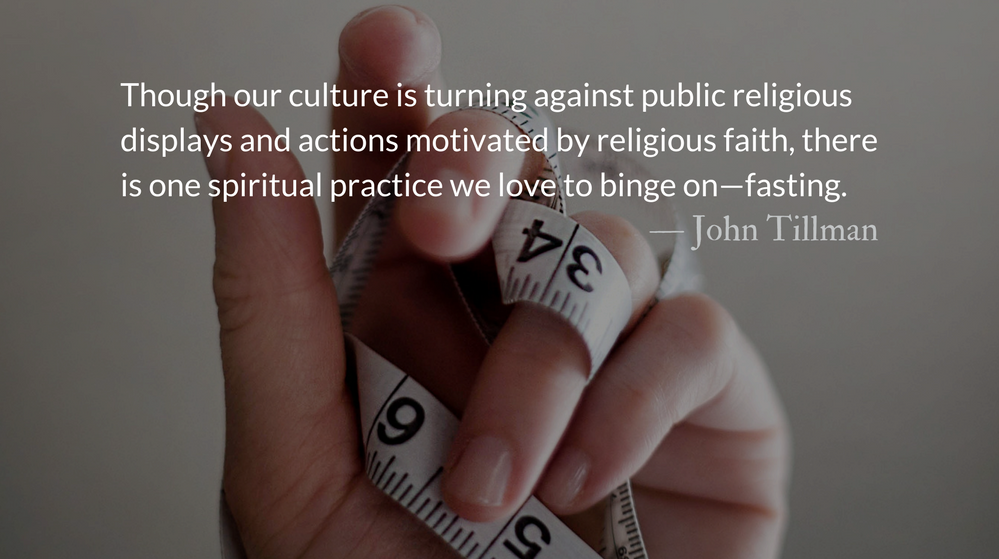Scripture: 2 Corinthians 11.29-30
Who is weak, and I do not feel weak? Who is led into sin, and I do not inwardly burn? If I must boast, I will boast of the things that show my weakness.
Reflection: Strength in Weakness
The Park Forum
In this season of reflection we reorient our understanding of Christ’s life—his ongoing sacrifice, pouring himself out from the moment of birth. Dietrich Bonhoeffer writes:
Jesus could have been Lord of this world. As the Messiah the Jews had dreamed of, he could have freed Israel and led it to fame and honor. He is a remarkable man, who is offered dominion over the world even before the beginning of his ministry. And it is even more remarkable that he turns down this offer. He knows that for this dominion he would have to pay a price that is too high for him. It would come at the cost of obedience to God’s will.
“Worship the Lord your God, and serve only him” (Luke 4:8). Jesus knows what that means. It means lowliness, abuse, persecution. It means remaining misunderstood. It means hate, death, the cross. And he chooses this way from the beginning. It is the way of obedience and the way of freedom, for it is the way of God. And therefore it is also the way of love for human beings.
It is only through the power of God’s Spirit that we are able to embrace the radically sacrificial lifestyle of Christ. Remarkably, no Christian is better than another at doing this—we all fail. We all must cry out for God’s strength. Bonhoeffer is a giant of faith, but he was not exempt from this cry; something we see in his Lenten Prayer:
I Cannot Do This Alone
O God, early in the morning I cry to you.
Help me to pray
And to concentrate my thoughts on you;
I cannot do this alone.
In me there is darkness,
But with you there is light;
I am lonely, but you do not leave me;
I am feeble in heart, but with you there is help;
I am restless, but with you there is peace.
In me there is bitterness, but with you there is patience;
I do not understand your ways,
But you know the way for me….
Restore me to liberty,
And enable me to live now
That I may answer before you and before men.
Lord whatever this day may bring,
Your name be praised.
Amen
Prayer: The Request for Presence
Be my strong rock, a castle to keep me safe; you are my crag and my stronghold. — Psalm 71.3
– Prayer from The Divine Hours: Prayers for Springtime by Phyllis Tickle.
Full prayer available online and in print.
Today’s Readings
Job 41 (Listen – 3:03)
2 Corinthians 11 (Listen – 4:46)

